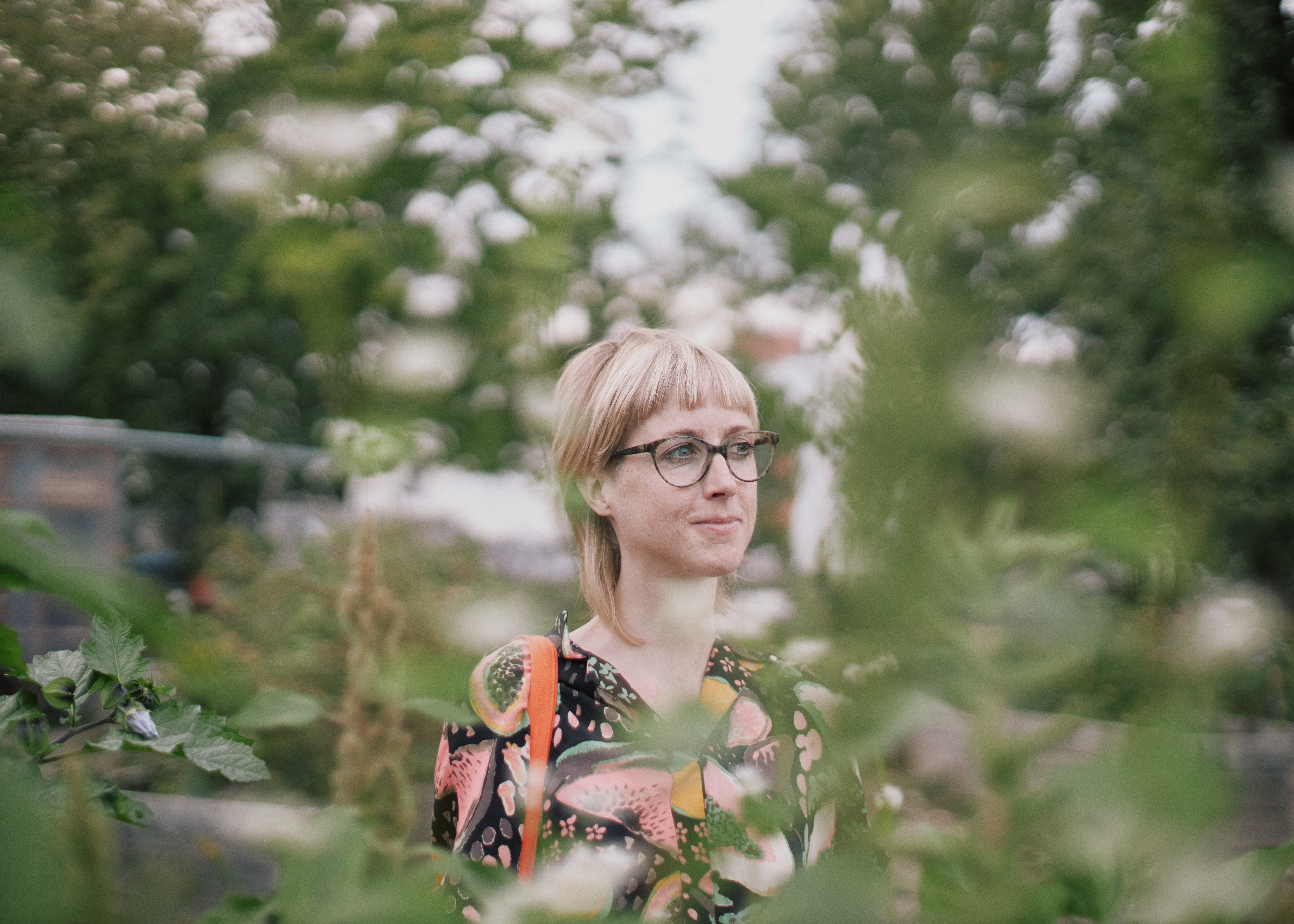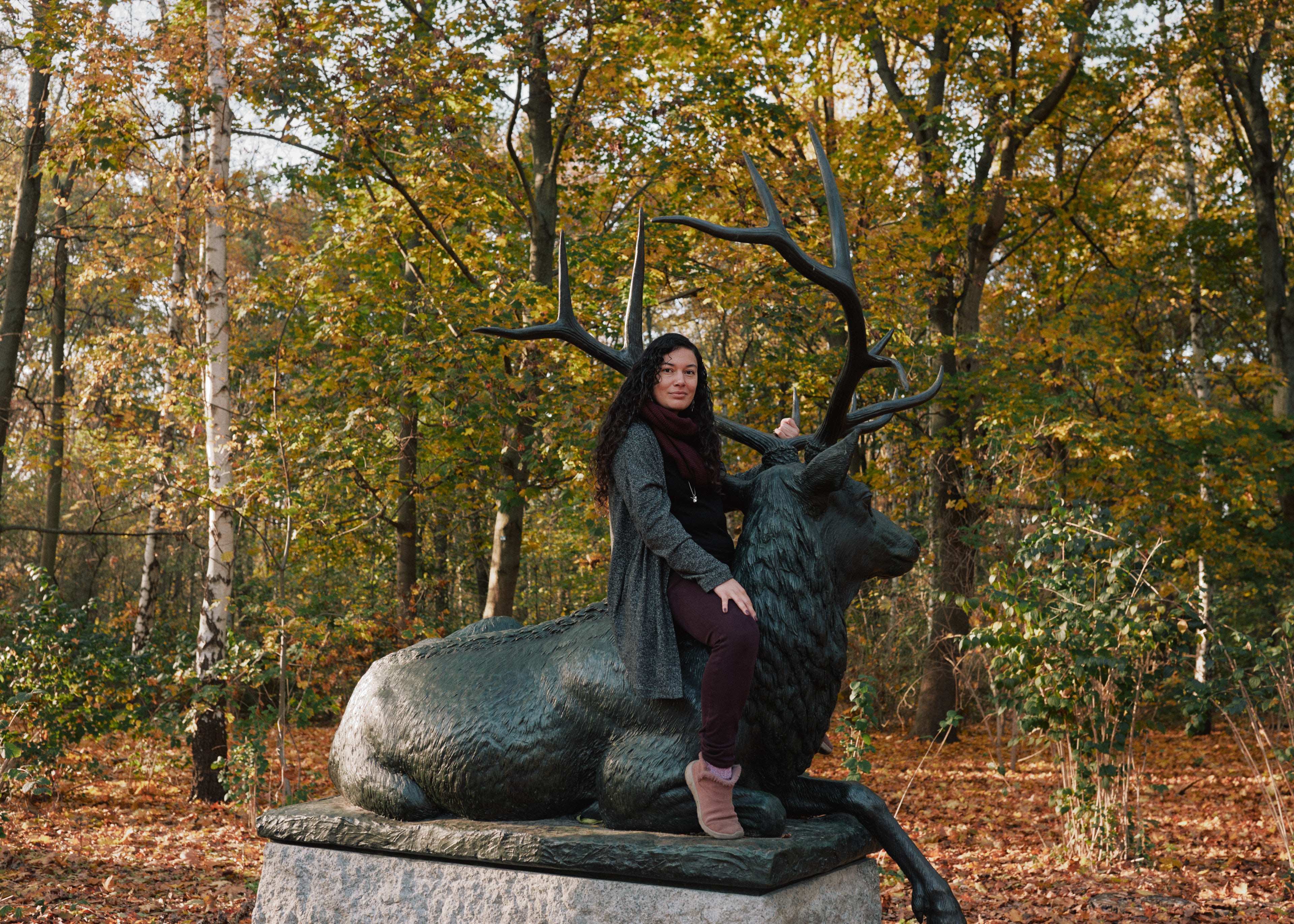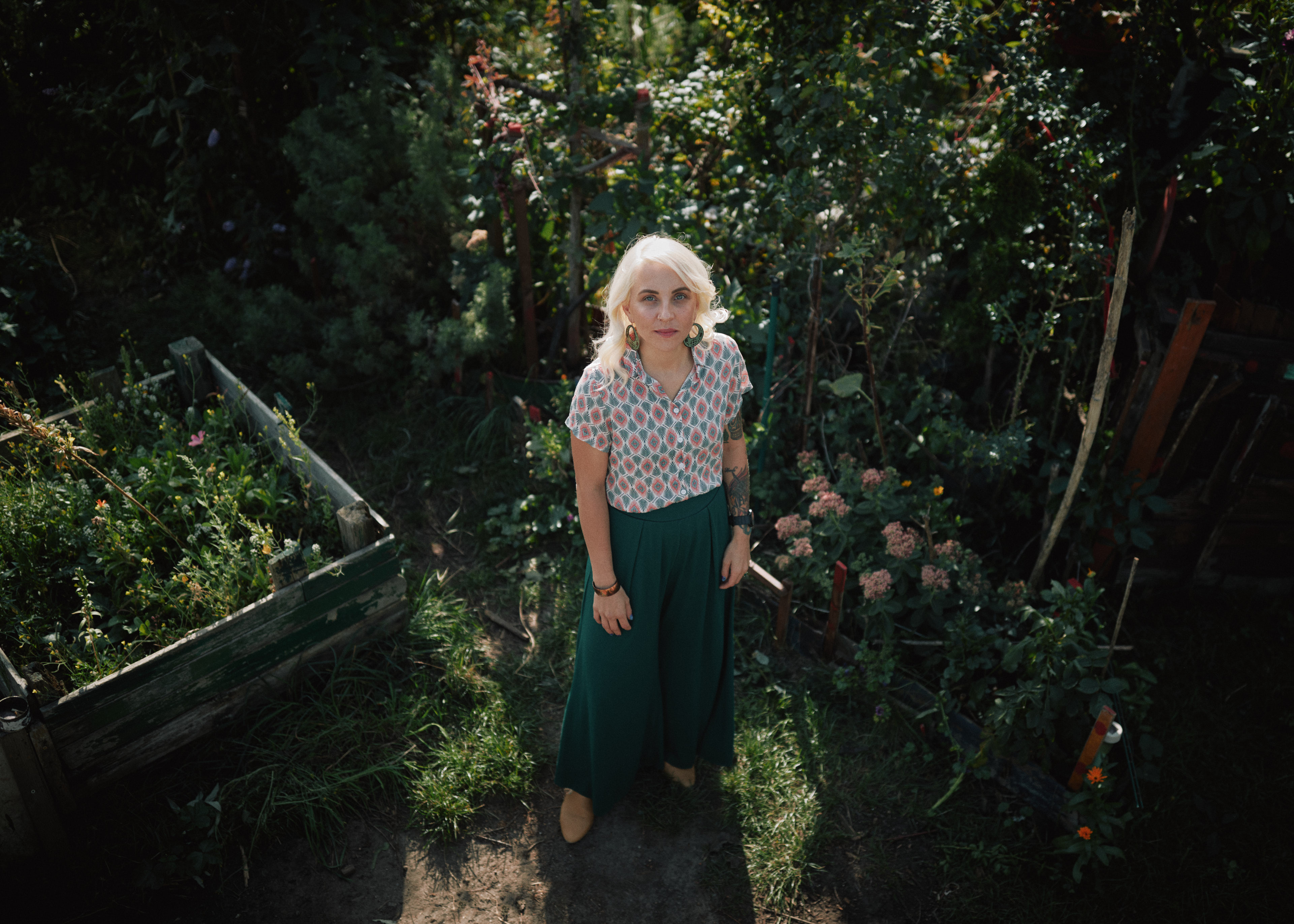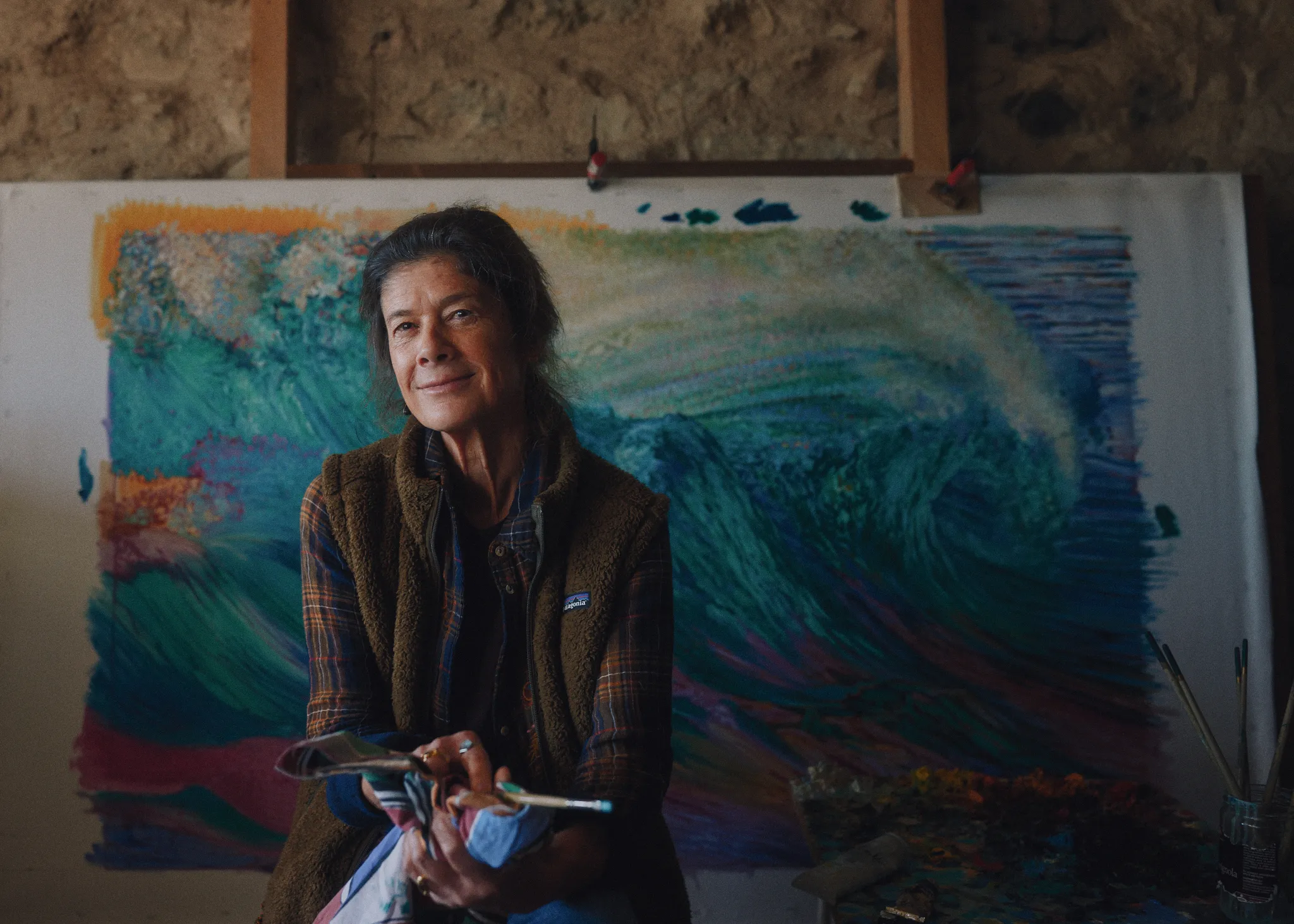Monika, Berlin
“I needed that moment, and that permission from my family to tell me, ‘It’s OK - you don’t have to follow what society is pressuring you to do.’”
It was a strange kind of resolution that my siblings and I made collectively during a time of tension. We were all grieving the loss of my father, and trying to pull our family back together. We thought, “This is it, this is us – this is family. We need to pull ourselves up before we think about procreating”.
There was this idea that we need to get over this one hurdle, and then everyone needs to be college-educated, financially independent, and x-y-z. Once we more or less achieved that, we realised that we were being overly dramatic – life isn’t such a big deal. The four of us have spoken since and said, “Oh, that was kind of weird. This should be a personal decision”. But, here we are, 10 years later, and we’ve all decided to be childfree.
I needed that moment, and that permission from my family to tell me, “It’s OK – you don’t have to follow what society is pressuring you to do”. Once I was granted that permission, I guess I just decided not to fit in with the outside world. Everyone in my family was taken care of, and it was time for me to think about what I really wanted. I don’t take that moment for granted.
I grew up in Charleston, South Carolina, a very classically feminine girl. I loved playing teacher, mother, and marrying all my Barbies to each other. Honestly, if I look back, I don’t know how much of that was my own imagination, and how much I was just reflecting what I saw. I grew up dreaming of a traditional fairytale wedding, and the house with a husband and kids – all of that. Yet, that was all cultural conditioning.
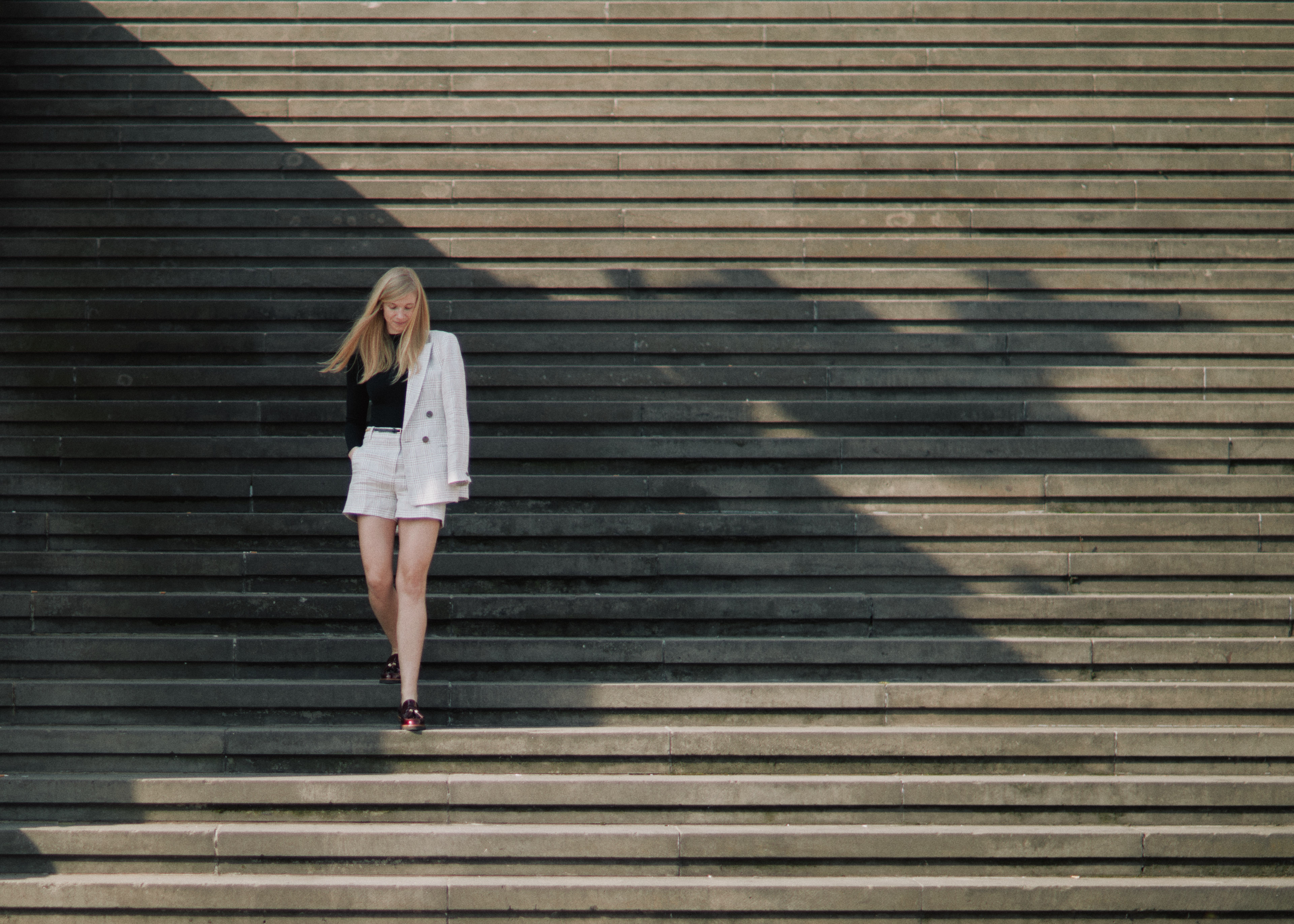
“I had to grieve that idea of myself, like a ghost ship that had set sail.”
If you come from a conservative, folksy, safe, secure place, it’s very easy to feel comfortable. But if you have some curiosity, if you want to experience something different, then it’s nice not to have so many ties. And I wanted to see the world.
I was 20 when I first left the States. I got an opportunity to go to India, and thought, “OK, I’ll go for a year. Then I’ll come back and marry my college sweetheart, and do everything I’m supposed to do”. When I did get back, I could see my friends getting married and having kids, and I felt like the world was closing in on me. I thought, “Oh, I can’t actually just come back to this”.
I tried everything to make it work. From an outsider’s perspective, I had every privilege, every opportunity. But it just wasn’t me. My body, my very physical self, was fighting against it. I had to grieve that idea of myself, like a ghost ship that had set sail. My setup, my people, the things I loved and the places I knew and felt comfortable in, I had to let all that go – into a universe that I was not going to inhabit.
And then I had to leave. After my undergraduate degree, I realised, “This is not the path you have to follow, this is not something you have to secure”. The key word here is security. I’d seen the idea of getting married as a way to secure a future for myself, to create a vocation, a purpose, a path. I definitely needed some time to change that trajectory. I needed some time on my own.
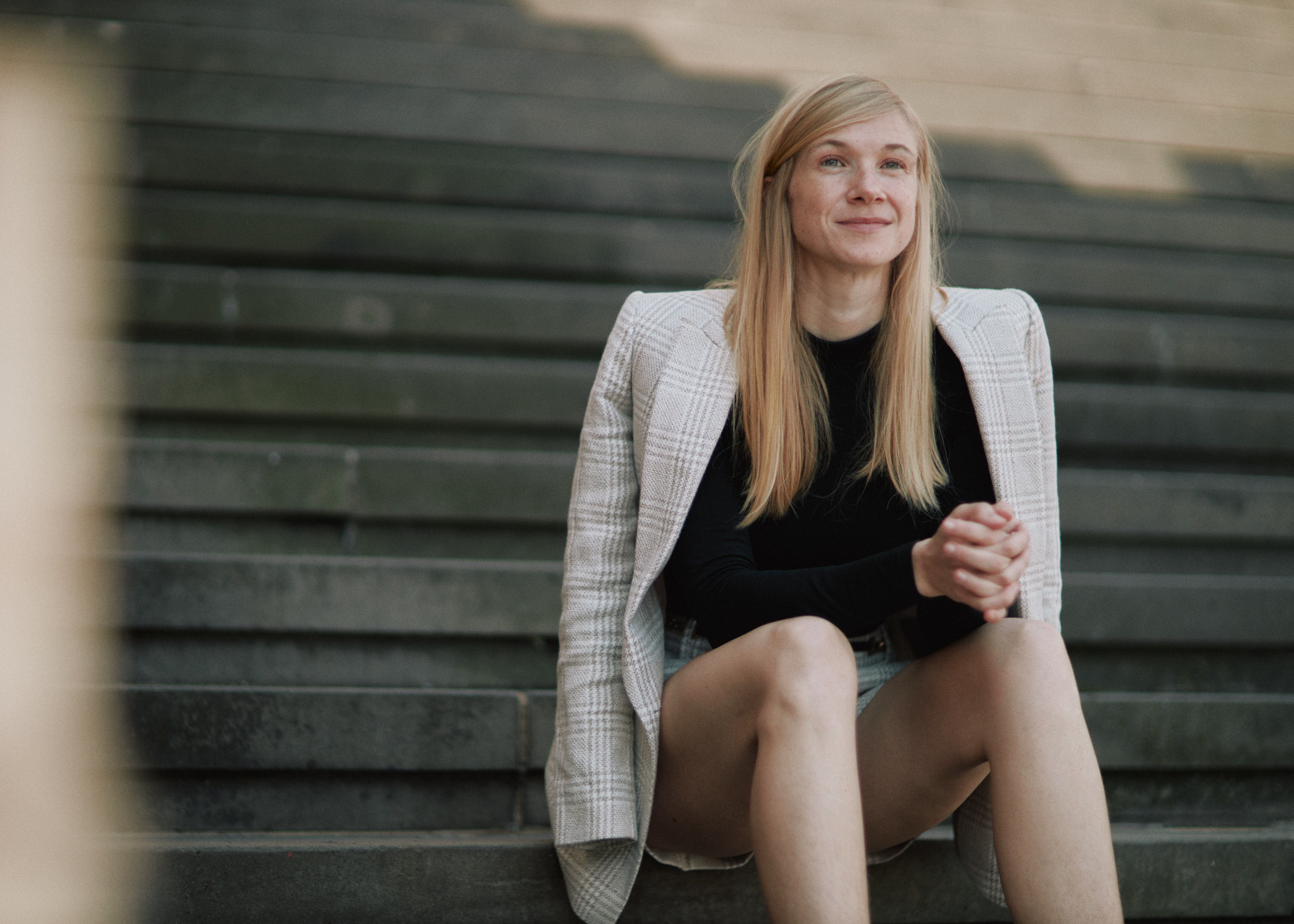
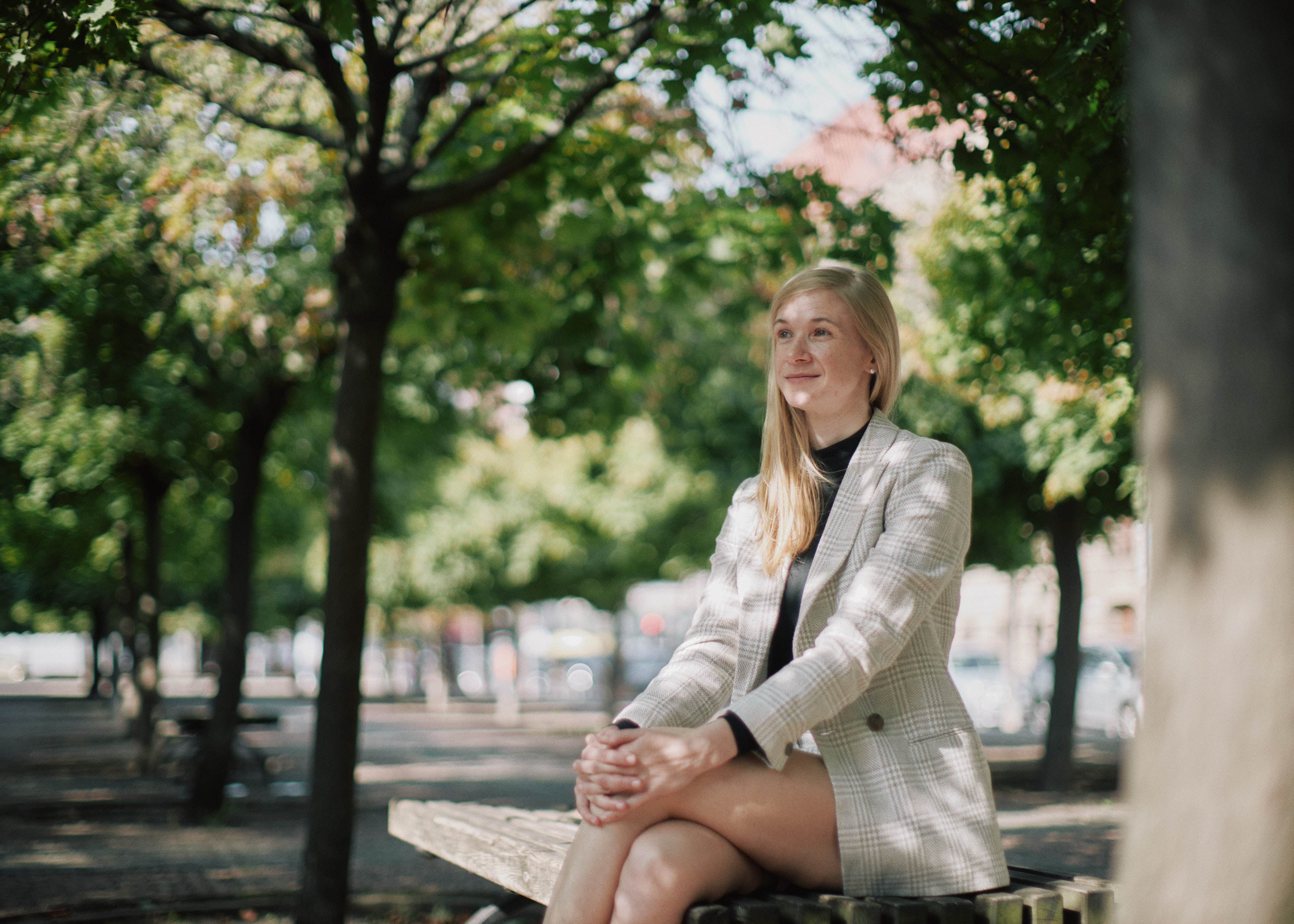
“We had to think, ‘We’ve decided to reject the ideas of the world around us. When it’s just us, what do we want to do?’”
After that, I just set sail. I went everywhere and anywhere, spending the majority of my time in the east, in Southeast Asia, South Asia, India and China. Three years in, I met my husband in Tokyo. He lived there for four years, and was very much in the society, working and socialising entirely in Japanese. Not to sound critical, but there’s a very tense hierarchy – the social order there is very organised and you have to find your place in it. I wasn’t able to do it, and he was doing it, but his heart wasn’t in it. So that was part of us coming together and saying, “We don’t have to do this. We can do whatever we want”.
My husband is from Rajasthan in India, which, like the south eastern US, is very conservative and traditional. We both felt relieved to find each other, and find this energy of, “Let’s not necessarily reject or rebel against where we came from, but let’s rebuild something new”.
After Japan, and after deciding we wanted to be together, we had to break it to his poor, sweet mother, who’d followed every rule, did everything she was supposed to – and I still feel bad, to this day, that she’d had her hopes somewhere…. You know, my partner is a firstborn son. So it’s not just my story of not having children. I think his story is more radical – in India, this is much more of a concern, because the society is much more traditional.
That first year and a half, when we were deciding what we were going to do, we accidentally got pregnant. That was private between the two of us, we didn’t tell anyone. But we also had to think, “We’ve decided to reject the ideas of the world around us. When it’s just us, what do we want to do?”
It was hellacious getting an abortion in India. My partner’s family had disowned him at the time, and we couldn’t even find an apartment or hotel to rent together, because he was an Indian male, I was a foreign female, and we were unmarried. We couldn’t even find a place to have our abortion in peace. At that point we were just like, “OK, we have to start from square one, somehow”.
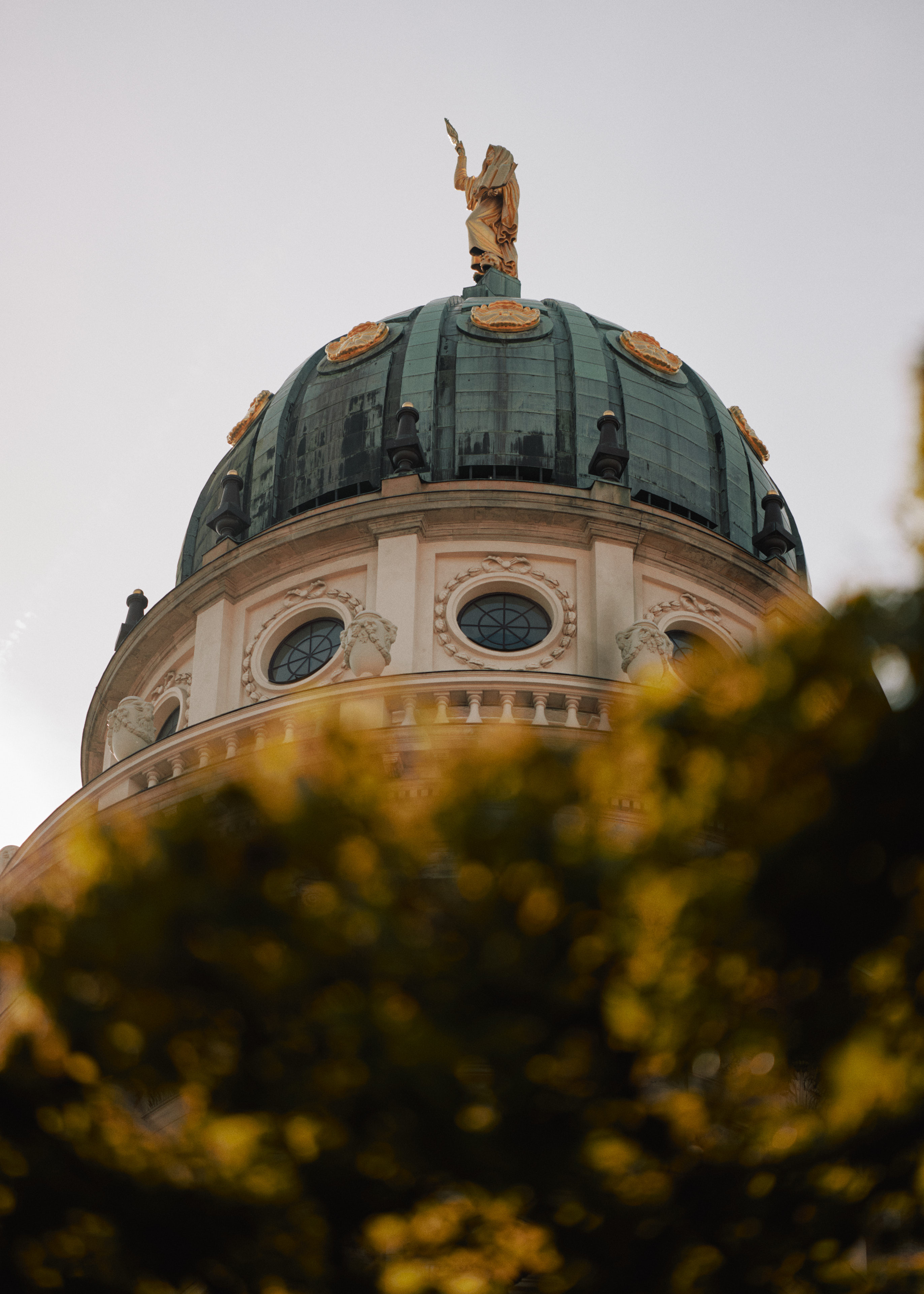

“I’m just at peace, both very grateful for what I had when I was young, and almost in shock at what I’ve been able to create for myself since.”
It was bad, but it’s beautiful now, because we made that decision together. And we will check in every now and then, especially as we get older, and our friends have children. I have lots of kids in my life, and I feel like I have an important role, mentoring them, teaching them, and being friends with them. Of course, there is this question of, “Do you want a different role? Do you want to be a mother? Or do you want to be a father?” And we feel absolutely comfortable checking in with each other on that.
I still consider myself a family person. An analyst might say I’m overly involved in the lives of my siblings and my loved ones. But obviously, my role is different from a mother’s. My own mom was adopted, and she always imagined the big, chaotic, lively household. She had four kids in the space of five years, and we had lots of pets. My mom wanted us to feel like we had room to create, to be messy. And that was absolutely wonderful and magical.
If I compare all that with the very intentional, specific solitude that I now demand, for the typical millennial self care activities, there’s a big contrast. The further I got away from my childhood, the more I grew into my own skin, and thought about what I wanted instead of whatever the collective agenda was. I’m just at peace, both very grateful for what I had when I was young, and almost in shock at what I’ve been able to create for myself since.
Photos by Zoë Noble
Words edited by James Glazebrook
